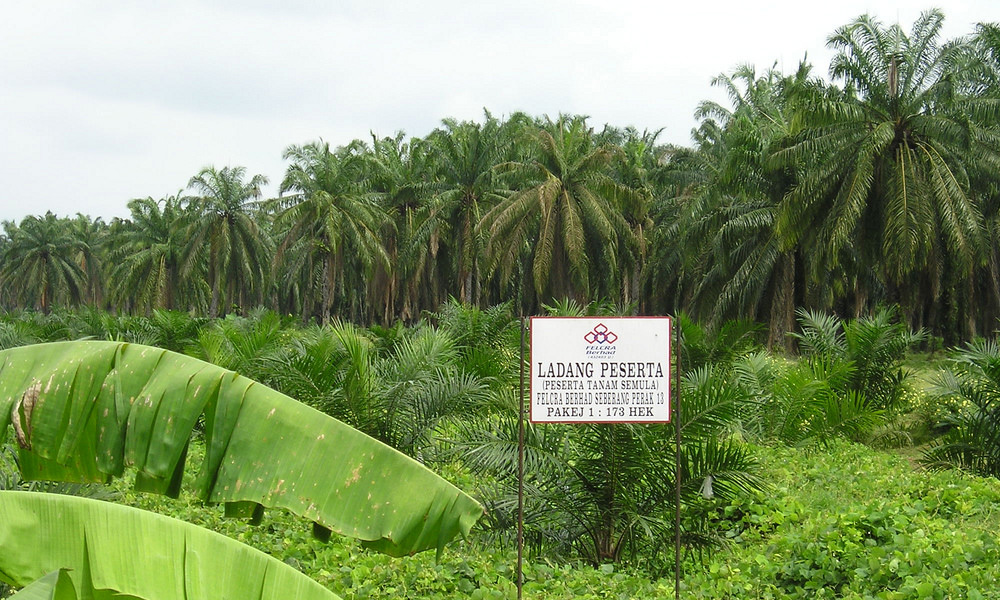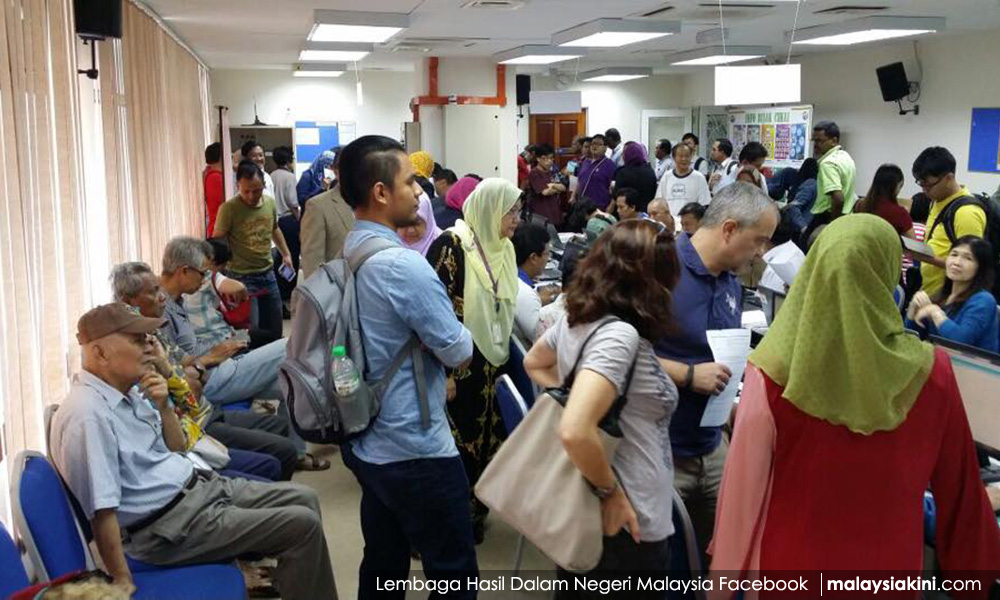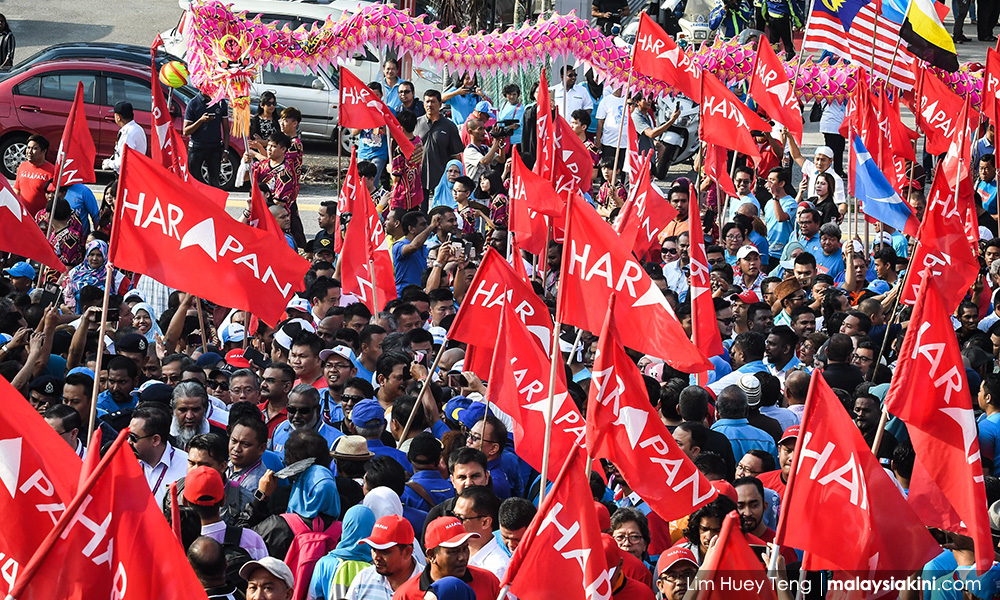COMMENT | How can the government encourage more people to adopt public transport so as to solve the problem of traffic jams?
Should local elections – if these are re-introduced – consider the issue of racial composition and representation?
Would the proposal to transform our current healthcare system into a social insurance model enable more people to have accessible and affordable healthcare?
Out of the various models of sustainable development, which would be the most suitable for particular places in Malaysia to adopt, in order to preserve our natural environment and also promote our cultural heritage?
Finally, would changing our country’s electoral system from first-past-the-post to proportional representation give our citizens a more democratic voice?
The questions above involve public policy discussions to a certain extent. Some may be ideologically oriented, while others may be more technical.
The influence and consequences of public policy may vary, from issues with huge implications that might potentially decide your individual rights as a citizen or foreign resident, to basic needs such as a right to shelter and food; or its impact might appear to be so insignificant that you feel it has nothing to do with you.

Some policies could have long-term impacts on groups of people several generations down the line, such as the New Economic Policy (NEP) in the 1970s.
Some policies also could bring about permanent and irreversible changes, such as certain forest land management policies which permit oil palm plantations to convert and replace primary forests.
Knowledge is power
In Malaysia, policymaking decisions seem to habitually stem from a top-down process. Sometimes, it could be rooted in a certain political actor’s will or out-of-the-blue ‘creative’ thoughts, such as the third national car and property ‘crowdfunding’ policy.
To many people, the ability to influence public policy debates seems to be confined to the political elite.
Some may believe that the realm of public policy is out of their reach, leading them to forfeit any opportunity to participate in meaningful public policy discussions.
This self-defeating mentality probably has to do with the impression that policymaking is technically too complex, or that they are unable to fully grasp the nuances of policy debates.
Furthermore, others may have lost faith and hope in the country’s political system. The euphoria that has been generated from witnessing the change of federal government for the first time in history has long gone.
Instead, they are more inclined to believe that policy discussion would change nothing, because it is politics akin to Game of Thrones – whereby politicians would act in a similar way to serve their self-interest by keeping the status quo when it comes to politically advantageous policies.
Former United Nations secretary-general Kofi Annan once said: “Knowledge is power. Information is liberating. Education is the premise of progress, in every society, in every family."
The statement should also apply to our political and civil education. This is because if the people can understand the issues and policies better, then they could be more aware of their own rights, and will not be easily swayed or cheated.
In that way, public opinion could be recognised and turned into a formidable force to oppose and resist unreasonable or unjust policies. It would also help to promote a rational, progressive, democratically mature society.
Policy discussions may take place in a kopitiam, grassroots style, or be held in a posh and premium hotel ballroom and rigorously debated by fellow academics. Despite all that, the outcome still has to go back to the discussant, and whether he or she has conducted any study.
Serious public policy work must show professionalism and integrity in taking account all possible facets of evidence (within a reasonable limitation), that would determine whether the analyses and deductions can convince the public.
If a public policy does not go through a deep and thorough research process, or does not rely on facts and evidence for future projections, it would lack robust theoretical support and a foundation in widely accepted international best practices. The probability of such a policy failing to reach its intended goals is high.
In the end, who should answer for the consequences, cost, and responsibility for such policy failures? Instead of delegating the task of scrutinising government policies to opposition parties, could the public themselves effectively monitor the government’s performance, and directly hold them accountable?
A learning process
Public policy research is a learning process. As a member of the Penang state government’s think-tank and a public policy research analyst, it is my duty not just to amass knowledge but also to spread the seeds of thought, hoping that a new perspective could influence or change society or at least create public discussion.
In order to gain the public’s trust and confidence, what is most important is to be persistent in maintaining the standards of one’s objectivity and professionalism when expressing and defending one’s research outcome in a fair and transparent manner.

If public policy research is publicly funded, it should imply that public interest is very much involved, and thus the research outcomes should be shared with the public. In other words, I believe that I should be seen as an employee of taxpayers, and therefore held accountable to the public.
So, here I am in my position of influence, and therefore I have to honour my obligation as a public intellectual. For that reason, I have to walk out of my ‘armchair and air-conditioned room’ comfort zone and walk into the daily lived experiences of the man on the street. Only then would my proposed policy be worth anyone's salt.
If policymaking were to be compared to a battle of ideas, policy advocates pacing around this ‘battlefield’ must recognise the current situation and be well-versed in the ‘topography’ of issues that one feels strongly about.
He or she could then be in control of the defensive-offensive strategy in winning the battle of influencing and implementing the said policy. There could be room for the omission of menial details, but policymakers or advocates must ensure that the crux of a policy should be steered in the right direction.
Penang is my base, and my work as a public intellectual originates from there. However, my work should not be constrained within the aforementioned locality.
In what is being identified as a strongly federated nation such as Malaysia, the most contentious policy ideas are arguably centred around Parliament in Kuala Lumpur and the corridors of power in Putrajaya.

We have witnessed the historic moment in the 14th general election when the peaceful democratic transition of federal power took place in Putrajaya. The new ruling coalition was named after ‘hope’ and consists of parties which fought for a long period persistently on the ideals of Reformasi and an overarching multiracial philosophy of ‘Malaysian Malaysia’.
The remaining question is, what are the policies and strategies in place to build a progressive and hopeful new multiracial Malaysia?
I would argue that policies that truly solve the needs of the public are the real backbone of reforms that are badly required in a country which had been mismanaged for decades.
For the coming weekends, my colleagues from the Penang Institute will talk about issues and policies, and share their stories in this space, hopefully to continue inspiring new narratives in the new political era of Malaysia.
LIM CHEE HAN is a senior analyst in the political studies section at Penang Institute. He holds a PhD in infection biology from Hannover Medical School, Germany. He believes that a nation would advance significantly if policymaking were taken seriously.
The views expressed here are those of the author/contributor and do not necessarily represent the views of Malaysiakini.


